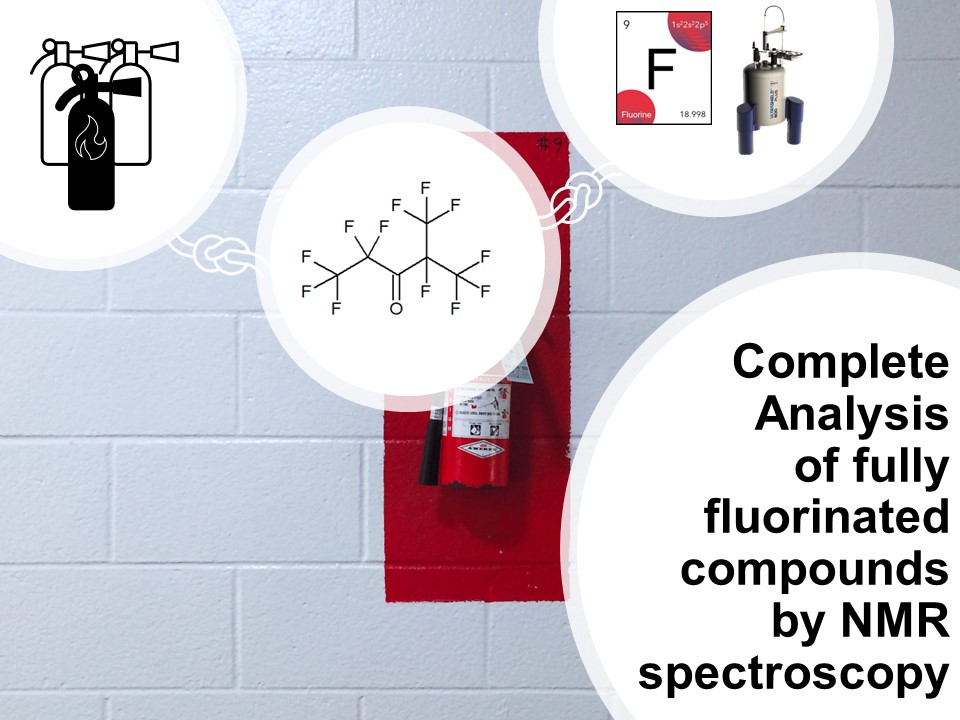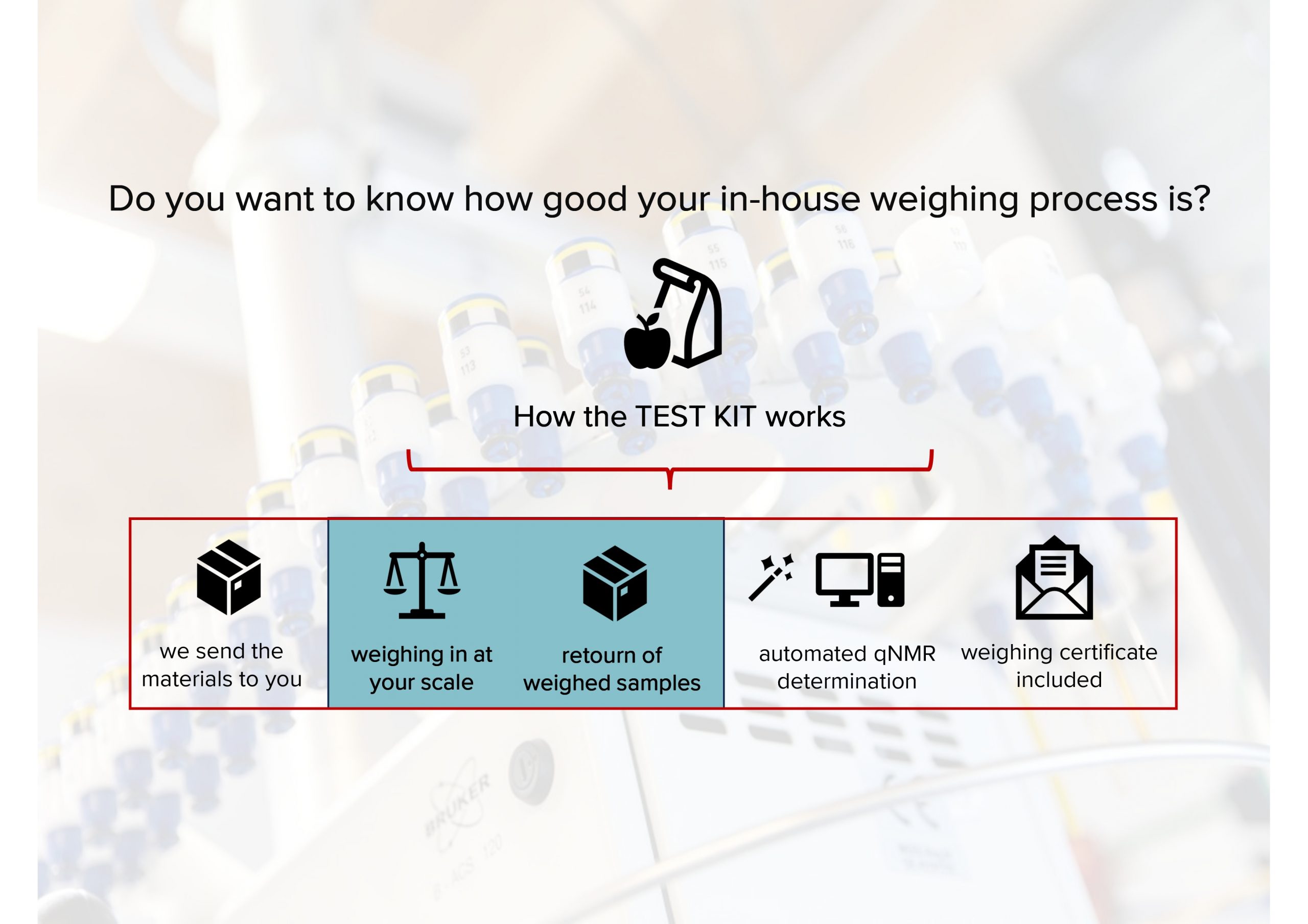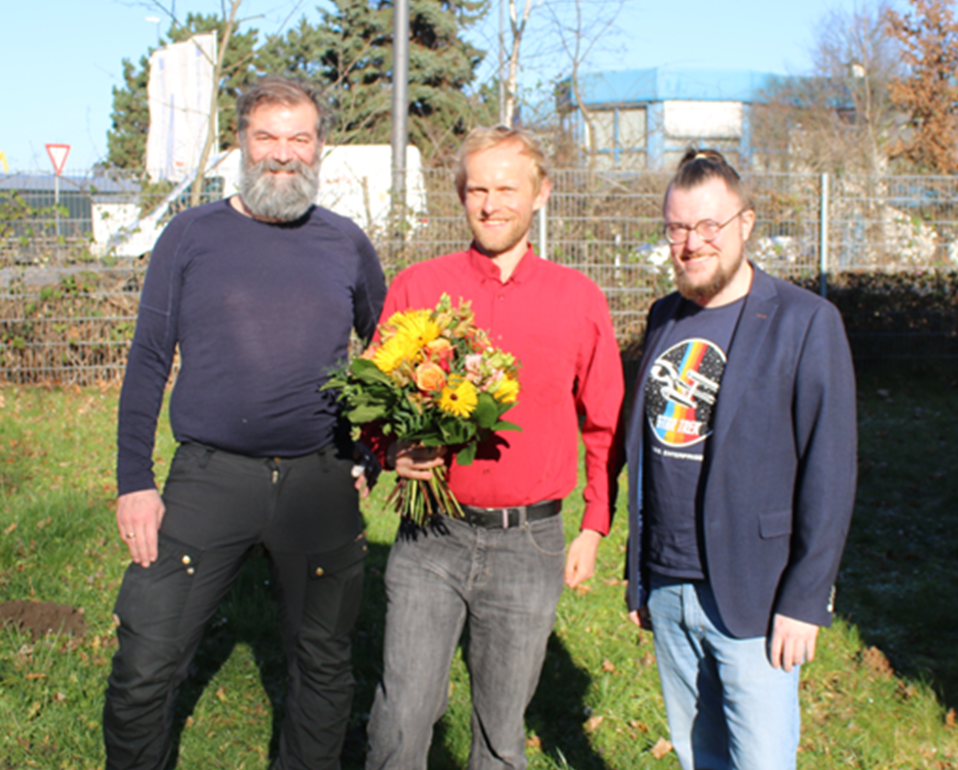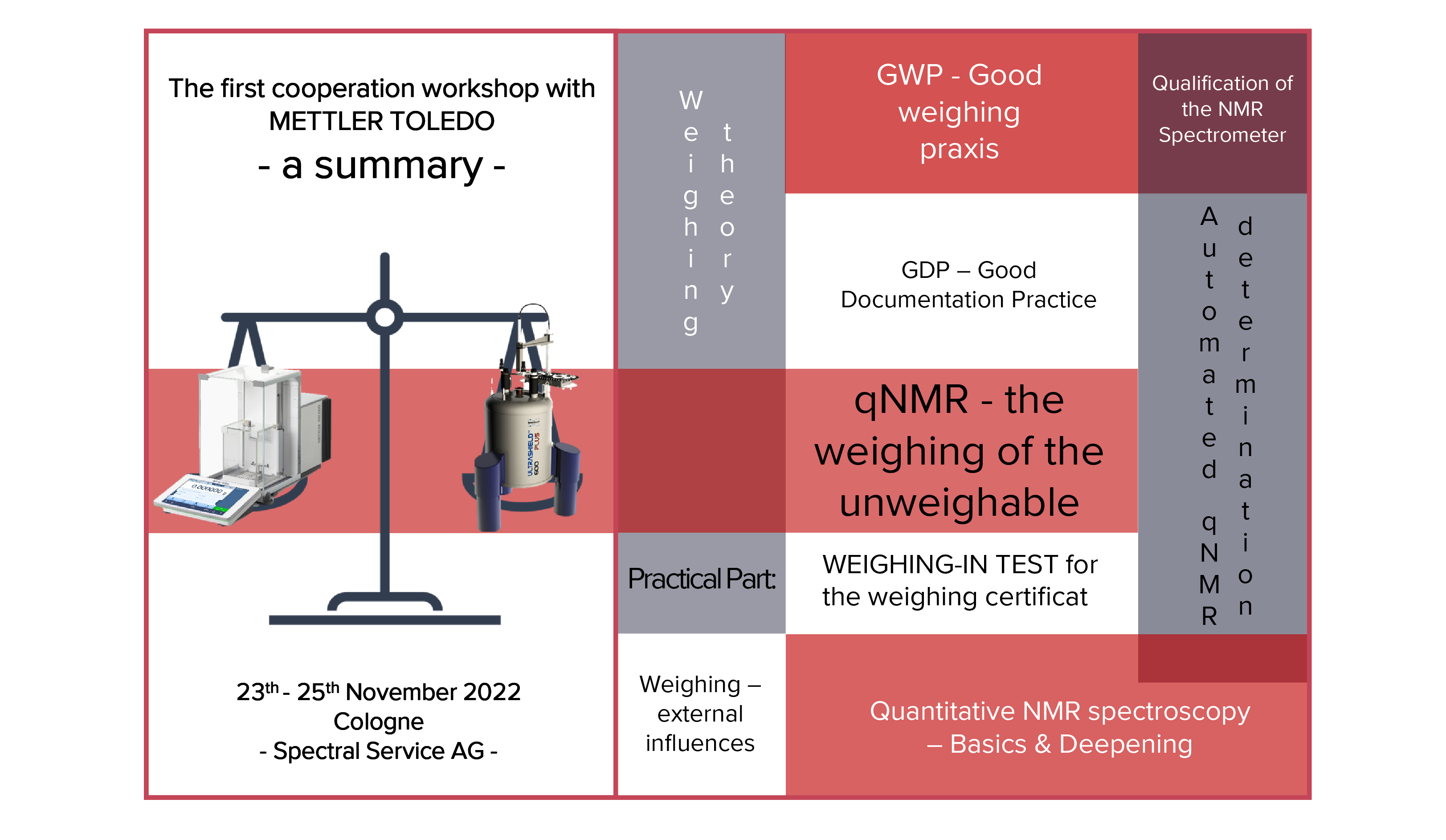But why?
From our early childhood we have learnt that errors are in most cases undesired and therefore depressed, but we also learnt that some errors are not forgiven twice. Just remember touching hotplates. You have to experience it on your own. You won’t learn long-lasting if you were told only not to do so.
Very often we felt ashamed for having failed to do something – either if we calculated erroneously in math exams, misinterpreted a poem or if we missed a ball during sports lessons.
How often do we hear: “That’s not correct” or “that’s wrong”? But who asks why you have achieved this result or analysed your reasons for this misinterpretation or your position towards the ball?
In theory everyone knows it better – don’t we?
Actually, nobody does and there are only few who do so. According to Good Laboratory Practices or Good Manufacturing Practices we aim for a better and safer production system with a minimum of errors and especially here during routine work we should ask for the real why.
How often do we have to investigate OOS results or deviations and don’t realize what has actually gone wrong? We mostly ask who is responsible for the mistake and how we correct the error, but the why is drawn to the back seat. Psychologically, we try to avoid such situations. We don’t like being responsible for negatively connoted circumstances so we rather evade those by not telling.
But an error culture which is required in order to improve the workarounds and processes must be straight and free from judgements. We must take it seriously if errors occur and not accuse co-workers for having failed. Instead we should talk and investigate the root cause of this error in order to prevent it in the future. We have to learn from errors as we did in our early childhood touching hotplates.
And practically?
Errors occur and we are trying to make the best out of it. Therefore, we implemented Standard Operation Procedures to help us investigate mistakes during our work and to prevent them in the future by implementing corrective and preventive actions. At the end of the day, we surely have made some mistakes – and hopefully learn(t) from it. This is a good start from which we will get better – continuously.
From the beginning, a proper introductory training of new employees and a consecutive training of SOPs has been implemented to help all employees to improve themselves regularly. Meanwhile, we are living an error culture of talking openly about errors and problems without accusing each other.







